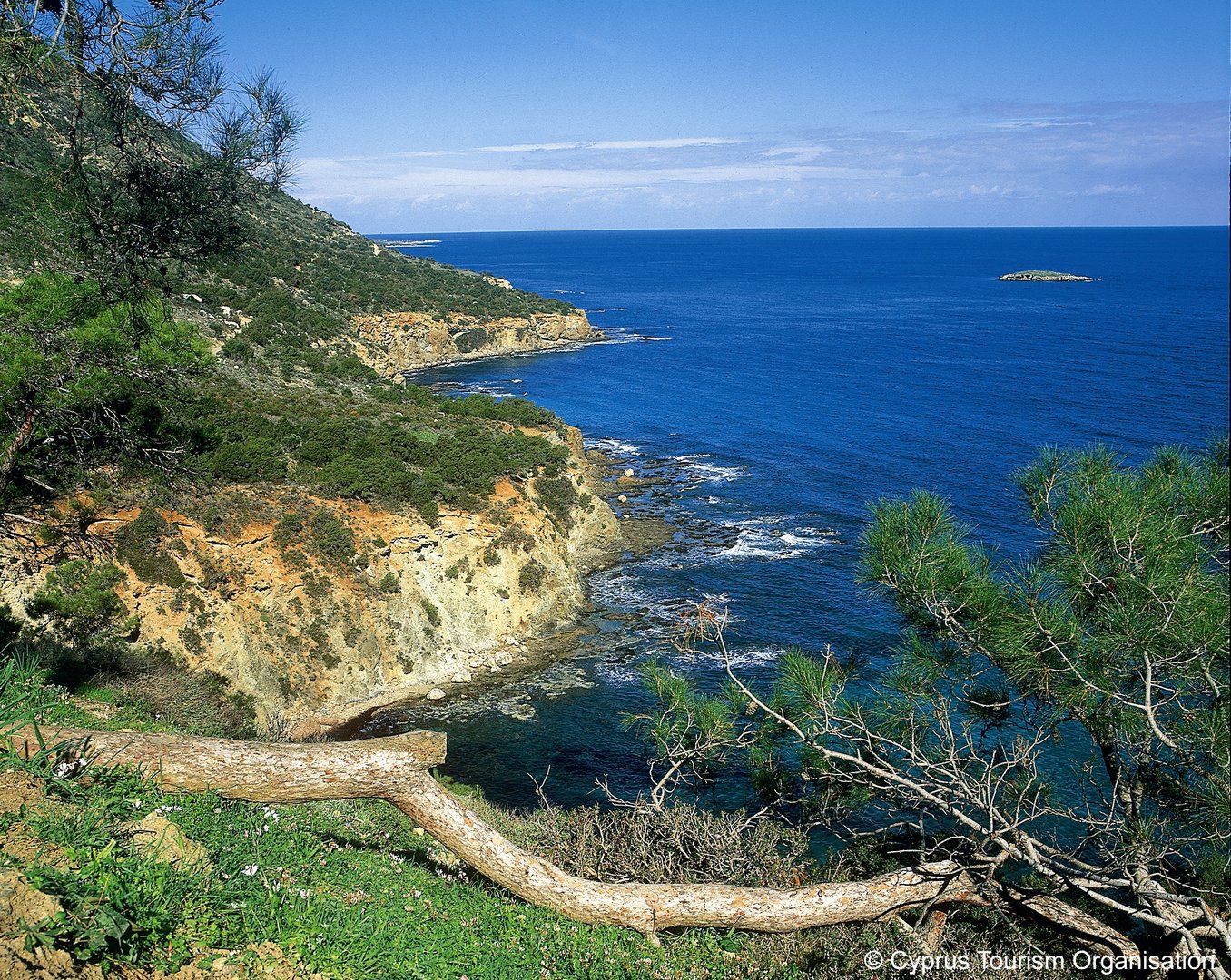A task force is to be established for carrying out inspections on behalf of the environment department in a stepped-up effort to combat environmental crime, it emerged on Tuesday.
The move is seen as pivotal, as Cyprus is currently the only EU member state which does not yet possess such a body, resulting in unfair competition and detriment to companies and other entities which do comply with green regulations.
The unit is to comprise 15 inspectors who will have jurisdiction over a wide breadth of activities, installations, and locations where environmental regulations are supposed to be enforced.
The decision was initially taken by approval of the cabinet of ministers in November 2023, with the aim to close a substantial gap in implementation of green legislation. This year will see the hiring of an initial ten environmental officers and five technical experts, while the numbers are expected to be boosted in following years, with the ministry of agriculture having submitted a request for 55 related posts.
The move appears to come as a follow-up to President Nikos Christodoulides pre-election campaign pledge to “establish and staff a special environmental supervisory service [tasked with] checking implementation of the broad scope of environmental legislation and protecting […] public health and wellness.”
It is also in response to the Republic’s obligation to comply with the EU’s environmental acquis and in preparation for the net-zero policy (no net emissions of greenhouse gases by 2050) stemming from the Green Deal.
In the context of bolstering the ministry’s capacity to uphold environmental legislation, three specialised sub-departments have been proposed. The first, to be allocated14 staff, is air pollution and industrial zones, to oversee combustion sites, factory emissions, and rules governing non-permitted installations.
The second, to be allocated 16 staff, is waste management, including collection, transport, dumping, livestock effluents, and protection of soil and water.
The third sub-department, to be staffed by 15 individuals, is to deal with emissions, including reasoned findings, allocation of carbon rights, and collective systems.
The island’s “green policing” will require close cooperation and coordination with a number of authorities, including the police and the legal service, as well as customs and licensing authorities, as the task force must prove effective in investigating and bringing to justice diverse instances of environmental crime.
It is hoped that the restructuring will be a significant improvement over the current set-up where inspectors are appointed by the minister following an audit request, from directors spread thin over four district offices, who are expected to carry out a range of disparate duties.
Under the current system, with no one being trained or focused solely on carrying out inspections, there is inconsistency and instability, particularly in long drawn-out cases, and without the clear support of the legal branch inspectors may face pressure and intimidation.







Click here to change your cookie preferences